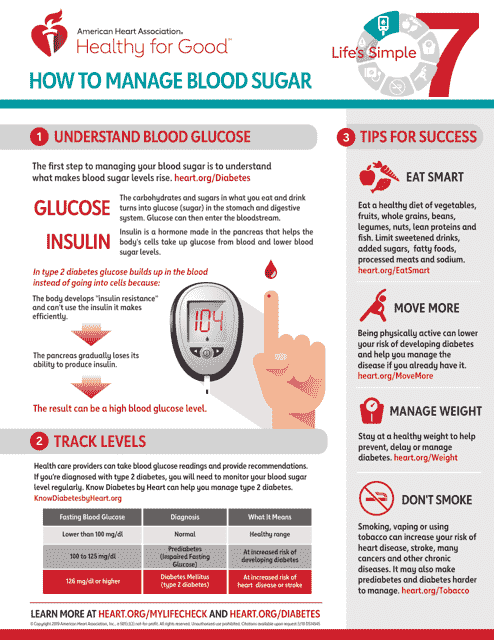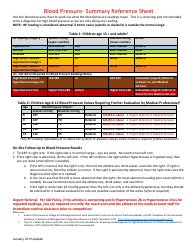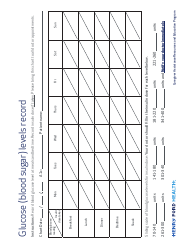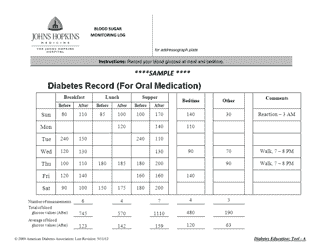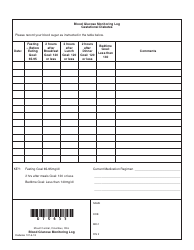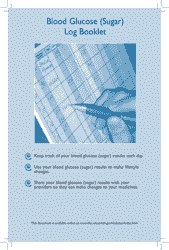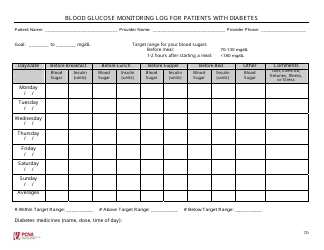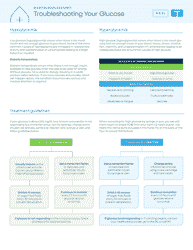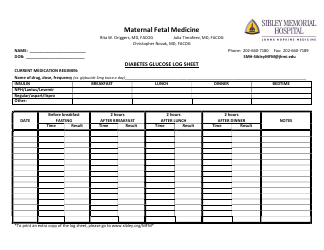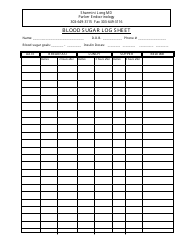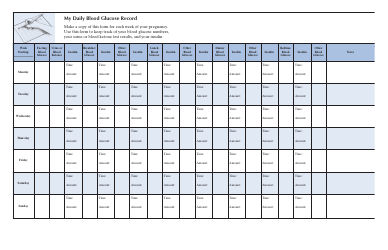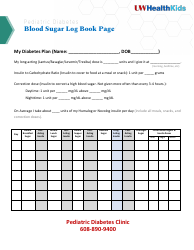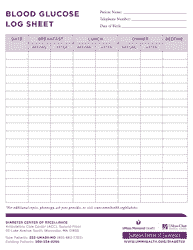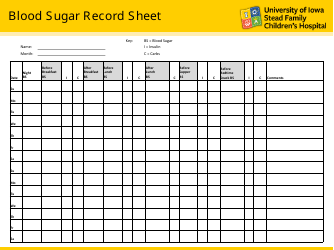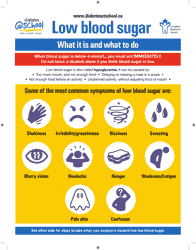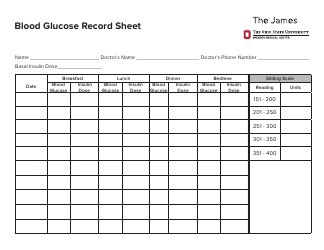Managing Blood Sugar Reference Sheet - American Heart Association
The Managing Blood Sugar Reference Sheet by the American Heart Association provides guidance and information on managing blood sugar levels, particularly for individuals with diabetes or at risk for diabetes. It offers tips on healthy eating, physical activity, monitoring blood sugar, and more to promote better overall health and well-being.
FAQ
Q: What is blood sugar?
A: Blood sugar refers to the concentration of glucose in the blood.
Q: Why is managing blood sugar important?
A: Managing blood sugar is important to prevent complications, such as diabetes and heart disease.
Q: What is normal blood sugar range?
A: Normal blood sugar range is between 80-130 mg/dL before meals and less than 180 mg/dL after meals.
Q: What are some symptoms of high blood sugar?
A: Symptoms of high blood sugar may include increased thirst, frequent urination, and fatigue.
Q: What are some symptoms of low blood sugar?
A: Symptoms of low blood sugar may include shakiness, sweating, and dizziness.
Q: How can I manage my blood sugar?
A: To manage blood sugar, you should eat a balanced diet, exercise regularly, and take any prescribed medications.
Q: What types of foods can help regulate blood sugar?
A: Foods high in fiber, such as whole grains and fruits, can help regulate blood sugar levels.
Q: Can stress affect blood sugar?
A: Yes, stress can affect blood sugar levels. It is important to manage stress to maintain stable blood sugar.
Q: Is it important to monitor blood sugar regularly?
A: Yes, it is important to monitor blood sugar regularly to track changes and ensure it stays within the target range.
Q: When should I seek medical advice about my blood sugar?
A: You should seek medical advice if you consistently have high or low blood sugar levels, or if you experience severe symptoms.
